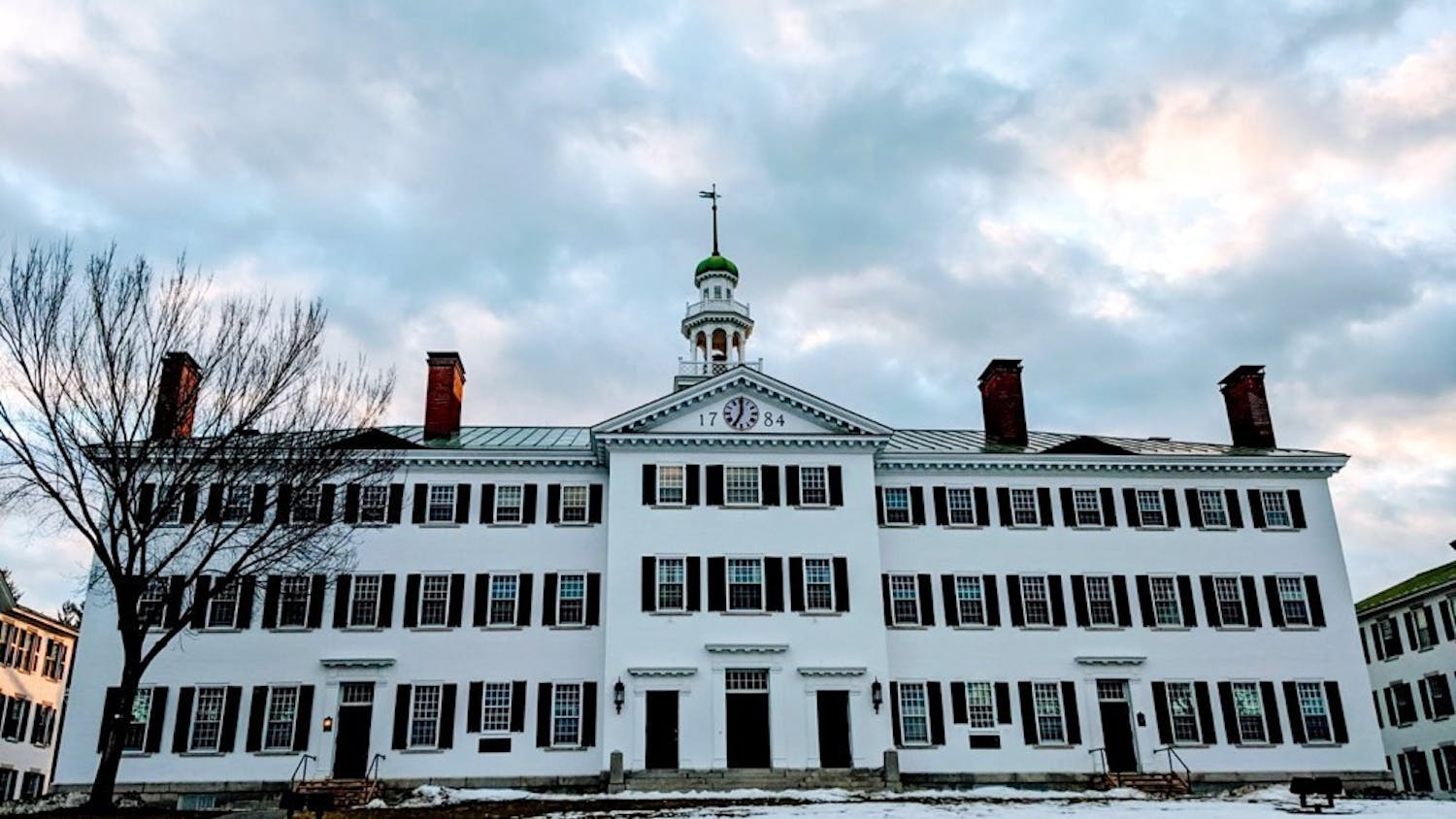Through his gestures and tone, Sharpton reminded the capacity crowd in Alumni Hall that he was indeed a reverend. He railed tirelessly against the president.
"The irony for me is that George Bush, after spending the week lobbying for Alito, justifying wiretaps and explaining for the thousandth time why he did not respond to Katrina, will stand somewhere on Monday and piously act as though he remembers Dr. King, when in fact, he has stood against everything Dr. King represented and is probably the most renowned Dr. King dream-buster that we've seen in the last 20 years."
Sharpton drew parallels between the Bush administration's anti-terrorism domestic wire-tapping and the FBI's wiretapping of King during the civil rights movement.
In a question-and-answer session, Sharpton said that racism is only one of many problems facing the country.
"There are other forms of bias in America that we've got to deal with," he said. "There's far too much homophobia in the African-American community ... there's far too much misogyny in the African-American community."
But in much of his speech he focused on the government's inadequate response to Hurricane Katrina last September. The blame falls on the federal government, Sharpton said, because although local officials could have done more, the magnitude and multi-state nature of the disaster made it an issue that could only be dealt with federally. The bungled response, he argued, was an issue of civil rights.
"Most of you would tell me 'Reverend Sharpton, I wasn't around for the civil rights movement -- that was before my time.' And you're right. But I would argue there's a civil rights struggle you were around for. It was called Katrina," he said. "And nothing happened in the '60s more blatant and more deadly than what happened in New Orleans and the Gulf Coast states since September of last year."
Sharpton continued.
"Isn't it amazing, isn't it a blatant disgrace that we have a president that can see weapons of mass destruction in Iraq that are not there but can't see a hurricane in New Orleans that is there?" he said to cheers and long-lasting applause.
In his trademark style, Sharpton employed humor, wit and hyperbole to lob his points and potshots.
Of Osama bin Laden, Sharpton said, "Here's a guy they say is on dialysis, can't hardly get around, comes out with videos every two or three months. Bin Laden got out more videos than Mary J. Blige. The video man can find him, the dialysis man can find him, but George Bush and the CIA can't find him!"
Never having held elected office, Sharpton rose to national fame after running unsuccessfully for the U.S. Senate in 1988, 1992 and 1994. He ran for New York City mayor in 1997 and for president in 2004. No stranger to controversy, Sharpton has been accused by critics of overplaying the race card and misspending public campaign funds. In December 2005, he agreed to repay $100,000 in public campaign money, because he had exceeded federal limits on personal expenditures.
Sharpton ended his address by encouraging campus Democrats to become more active.
"I would encourage the Young Dems here and elsewhere to become energized like never before because never before has the stage been set so dramatically," he said. "Those that will act must get on the stage. Those that will not must be reduced to being those that were just around watching history go past them, playing no definitive role in it."
Sharpton's visit was one of many in his tour of New Hanmpshire, a state in which he garnered only 400 votes during the 2004 democratic presidential primary.



